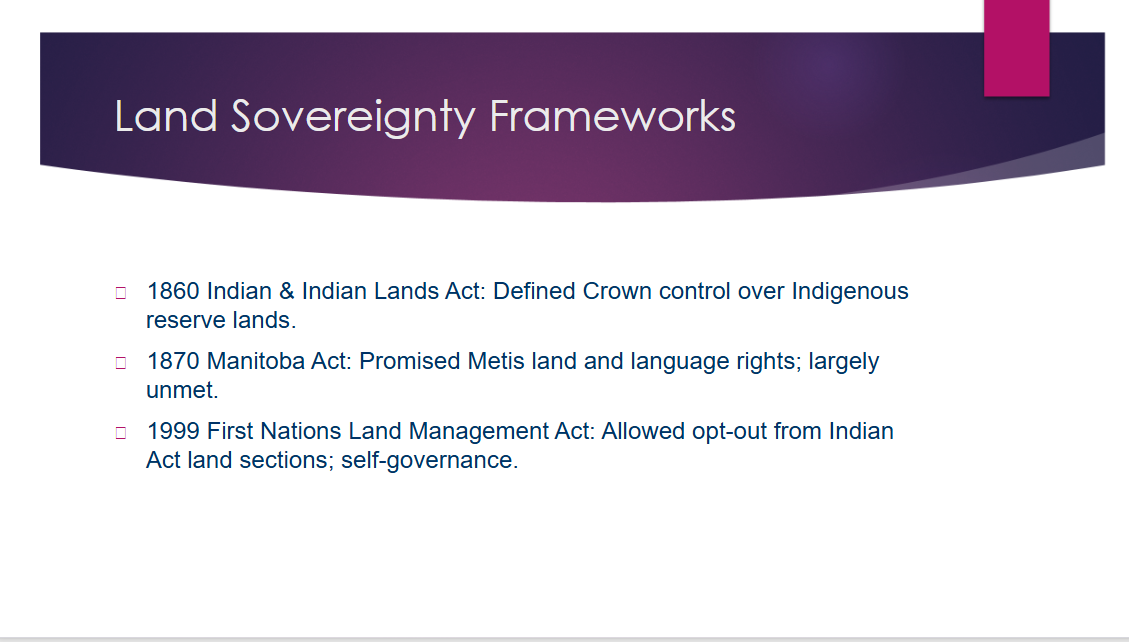Our Mission: Retracing Our Families’ Story
At the Sci’anew Language Association, we are committed to retracing the rich history of our families. This journey is not just about our language—it’s about understanding the full story of our people.
A Comprehensive Historical Research Project
Our research spans a broad range of sources, including:
Historic newspapers
Federal, provincial, and local government records
Archival documents and oral histories
From the 1763 Royal Proclamation to Today
We aim to weave together the narrative of our people from the landmark 1763 Royal Proclamation through to the present day, uncovering the struggles, resilience, and triumphs that have shaped our community.
Preserving Our Legacy for Future Generations
By piecing together these histories, we honor our ancestors and strengthen our identity for the generations to come.
Indian Act 1876-1996
Colonial Naming Legislation & Indigenous Peoples
A historical examination of identity, law, and cultural erasure
Overview
Indigenous peoples in Canada were historically forced to adopt colonial names as a condition of becoming "enfranchised." This process involved giving up Indian status to gain colonial privileges such as voting and land ownership. This policy was implemented through key pieces of legislation in the 19th century.
Key Legislation
1. Gradual Civilization Act (1857)
This act allowed male First Nations individuals to apply for enfranchisement. As part of the process, applicants were required to adopt an approved English surname and a Christian first name, replacing their traditional names.
2. Gradual Enfranchisement Act (1869)
This legislation reinforced the requirements of the 1857 act and made colonial naming a condition for receiving land, annuities, and official enfranchisement status.
3. The Indian Act (1876)
This act consolidated previous legislation and formalized the use of Christian and English names in federal records. Indian agents replaced traditional names with colonial ones in registries, contributing to cultural erasure.
Historical Newspaper Excerpts
These original news clippings from The Victoria Daily Times (1897–1898) capture the settler perspective during the Songhees removal era:



Summary Table
| Year | Legislation | Requirement |
|---|---|---|
| 1857 | Gradual Civilization Act | English Christian surname required at enfranchisement |
| 1869 | Gradual Enfranchisement Act | Required English names upon enfranchisement |
| 1876 | Indian Act | Generalized colonial naming in federal records |
Legacy
These laws were not simply administrative—they were deliberate tools of cultural assimilation. The imposition of colonial names disrupted Indigenous identities, kinship ties, and community heritage. The effects of these policies are still felt today, as many communities continue to reclaim traditional names and cultural autonomy.
Sci'anew Laguage Association
〰️
Sci'anew Laguage Association 〰️























